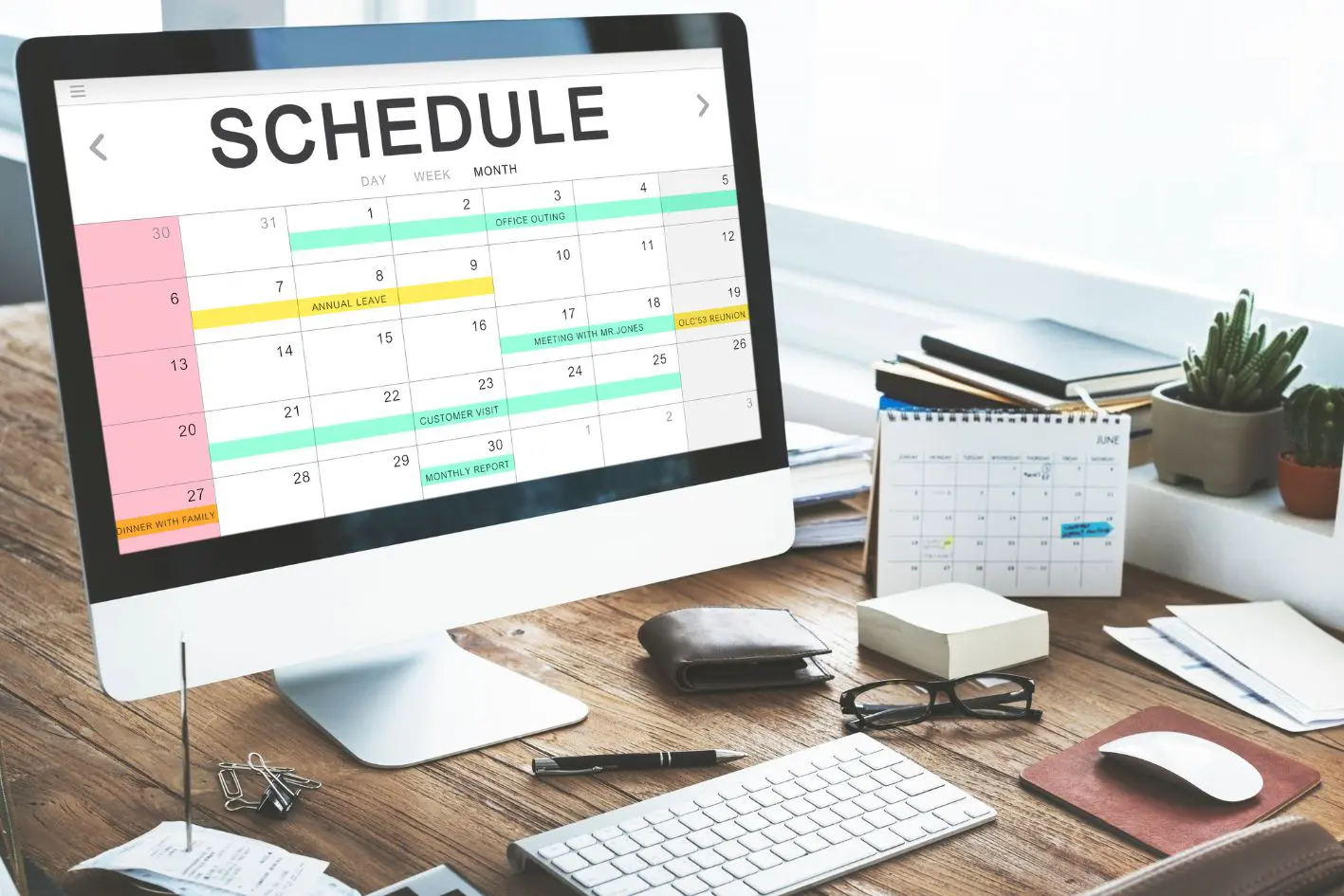10 Essential Reports to Monitor In Your Home Healthcare Business
Discover the reports to pull in your home healthcare business & the data you should be monitoring

Regularly pulling business reports and analyzing data is the key to maintaining a successful home healthcare business. By reviewing information on employee performance and overall business health, you can quickly troubleshoot issues before they become a big problem, highlight areas to improve, and double down on the strategies that are getting results.
With that said, here are ten business reports you need to monitor in your home care business.
#1. Customer reports
The first set of business reports you should monitor in your home healthcare business is customer data. These reports will help you identify ways to improve your customer experience and look for customer demographics or preference changes that can influence your marketing strategies and overall service offering.
Collect customer data in the following areas
- Customer demographics — e.g., age, gender, income level, location, professional status
- Customer loyalty — e.g., customer turnover, number of repeat vs. first-time bookings, etc.
- Customer satisfaction — e.g., number of good vs. bad reviews, customer complaints/customer-service tickets, customer referrals, social media mentions, etc
#2. Marketing reports
The next business report you should monitor regularly is data relating to your marketing efforts. Depending on how/where you market your home care business, these reports should be segmented into different channels to provide a clear picture of each strategy. But don’t forget to look at all the data together to see what is and isn’t working and where you should devote more time to achieve better results.
Marketing data to monitor in your home healthcare agency includes
- Website traffic — e.g., paid vs. organic traffic, average engagement rate, form submissions/actions taken, etc.
- Social media engagement — e.g., likes/comments/shares, social media mentions, followers, messages/DMs
- Email open rates
#3. Sales reports
Another essential business report to pull in your home healthcare business is a detailed sales report. Sales reports help you identify trends, monitor customer behavior, and set and achieve business goals.
Sales data to analyze includes
- Lifetime value
- Percentage of revenue from new vs. existing customers
- Number of sales opportunities vs. the number that converted into customers
- Sales volume by channel (if you offer various ways to book, e.g., over the phone, online, via social media, etc.)
- Sales by region (for larger service-based businesses)
- Length of the sales cycle
#4. Provider performance reports
Monitoring employee performance is essential to maintain a productive, engaged workforce that will represent your home healthcare agency well.
If you set sales targets for employees, these are an effective way to monitor performance. However, other indicators of performance to monitor include
- Number of customer reviews or complaints about individual employees
- Hours logged
- Regular check-ins with employees
#5. Employee acceptance rates
If you’re using appointment scheduling software like MarketBox, which allows you to pass job requests on to individual employees instead of automatically confirming them, another key report to monitor is employee acceptance rates.
By monitoring employee acceptance rates, you can highlight top performers, identify underperforming employees, troubleshoot anyone regularly declining requests, and monitor how many sales opportunities you’re losing. This report is easy to pull with MarketBox because the software logs all the data if the provider acceptance feature is turned on.
#6. Declined/expired booking reports
In addition to monitoring individual employee acceptance rates, you need to look at this data as a whole to monitor the overall number of declined/expired bookings your home healthcare business has. This can help you identify issues within your workforce but also allows you to contact the affected customers and see if you can save the sale.
Ideally, you want to monitor this data daily to act quickly if a sale is lost. Using appointment scheduling software to handle your business’s booking and scheduling makes this more manageable, as you’ll receive notifications any time a booking is made, declined, or expired.
#7. Billing charges
Another key business report to review monthly is an overview of your billing charges. By monitoring this regularly, you can identify any outstanding payments and chase customers to ensure you’re appropriately compensated for your services.
If you’re using a payment processor that enables your team to add additional charges for upsold services and add-ons, reviewing billing charges is an easy way to see what extra revenue you were able to bring in too.
#8. Waitlist data
One report that home healthcare agencies often forget to monitor is waitlist data. If your online booking software has a waitlist feature, you can collect and store customer information from interested parties. Using this data, you can identify new expansion opportunities, decide if it’s time to hire additional employees or liaise with team members to see if they’re open to taking on particular clients, even if they’re outside their travel zones.
Again, if you’re using appointment scheduling software like MarketBox, waitlist data is collected for you and can be compiled into reports at the click of a button.
#9. Financial reports
Another critical business report to review regularly is your financial report. These reports will give you a detailed overview of what’s coming in and out of your business’s bank account and are a good indicator of your business’s overall financial health.
Financial data to monitor include
- Profit and loss statements
- Business expenses, including rent, payroll, insurance, etc
- Assets and liabilities
- Inventory turnover (if applicable)
- Cash flow statements
- Profit margins (gross and net profit)
#10. Provider rating data
Finally, it’s important to monitor your business and provider ratings across social media, Google, and any industry-specific review sites. Again this can help you identify top performers in your workforce, but more importantly, reviews are an excellent indicator of how customers perceive your business.
Managing your home care business’s reputation is an integral part of scaling your business, and customer reviews can be a valuable tool for attracting new customers. On the flip side, one bad review can outweigh multiple good ones, so you need to make an effort to be proactive in collecting reviews from happy customers.
Book a personalized demo to learn more about MarketBox, the first appointment scheduling software designed specifically for businesses offering in-home and mobile services.
Ready to transform your scheduling and operations?
Talk to our sales team and see how MarketBox can help you achieve more with less effort




.svg)

